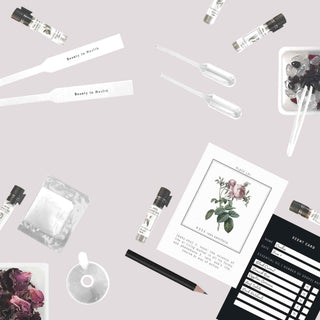Ylang-ylang is a Base note in the Floral family. It blends well with other floral essences, oriental spices, and citrus notes. It is often featured in floral, exotic, and sensual fragrances.
Ylang-ylang oil is available in different grades, referred to as extra, first, second, and third. Each grade represents a different distillation period, resulting in varying levels of fragrance intensity and longevity. The "extra" grade is the most sought after and is commonly used in high-quality perfumes.
The ylang-ylang flowers produce different fractions during the distillation process, each with a distinct scent profile. These fractions, known as "heads," "hearts," and "tails," have different aromatic characteristics and are often used separately or blended together to create various fragrance compositions.
Ylang-ylang has been used in perfumery for centuries and is highly valued for its intoxicating scent. Its cultural significance is reflected in the use of ylang-ylang in perfumes that aim to evoke sensuality, romance, and exoticism.





